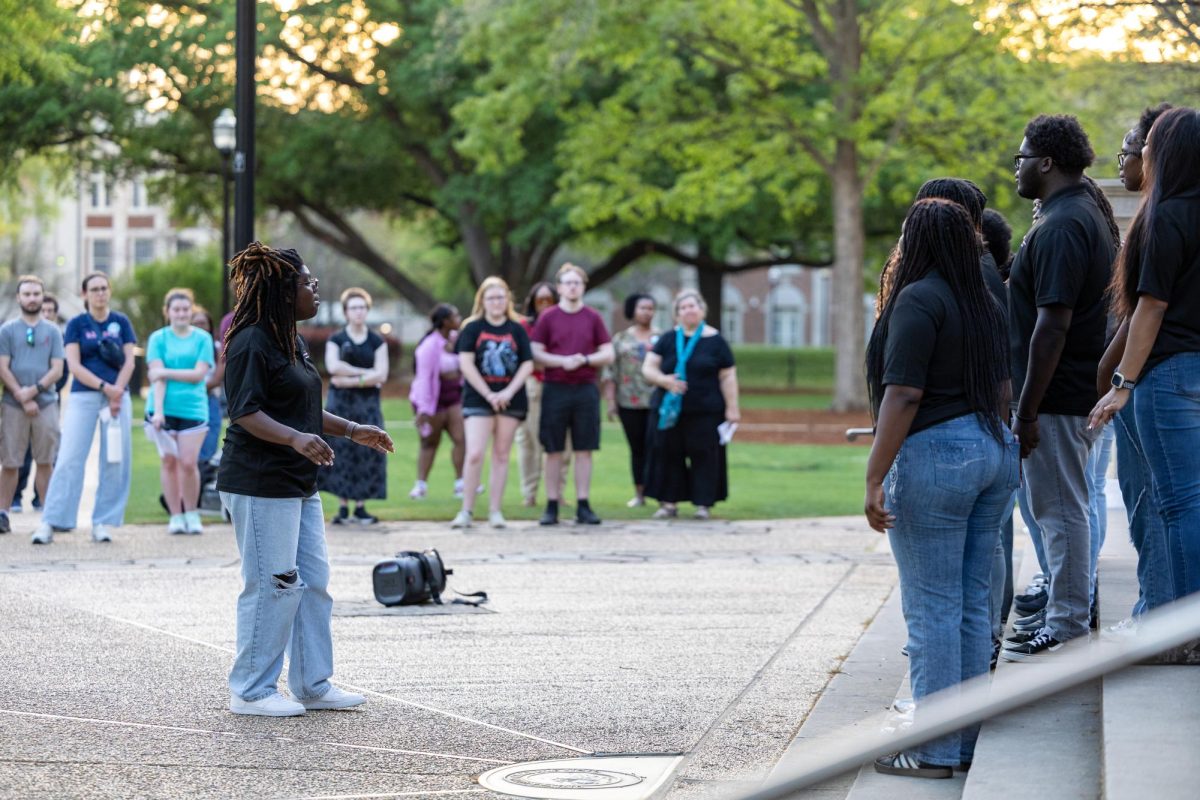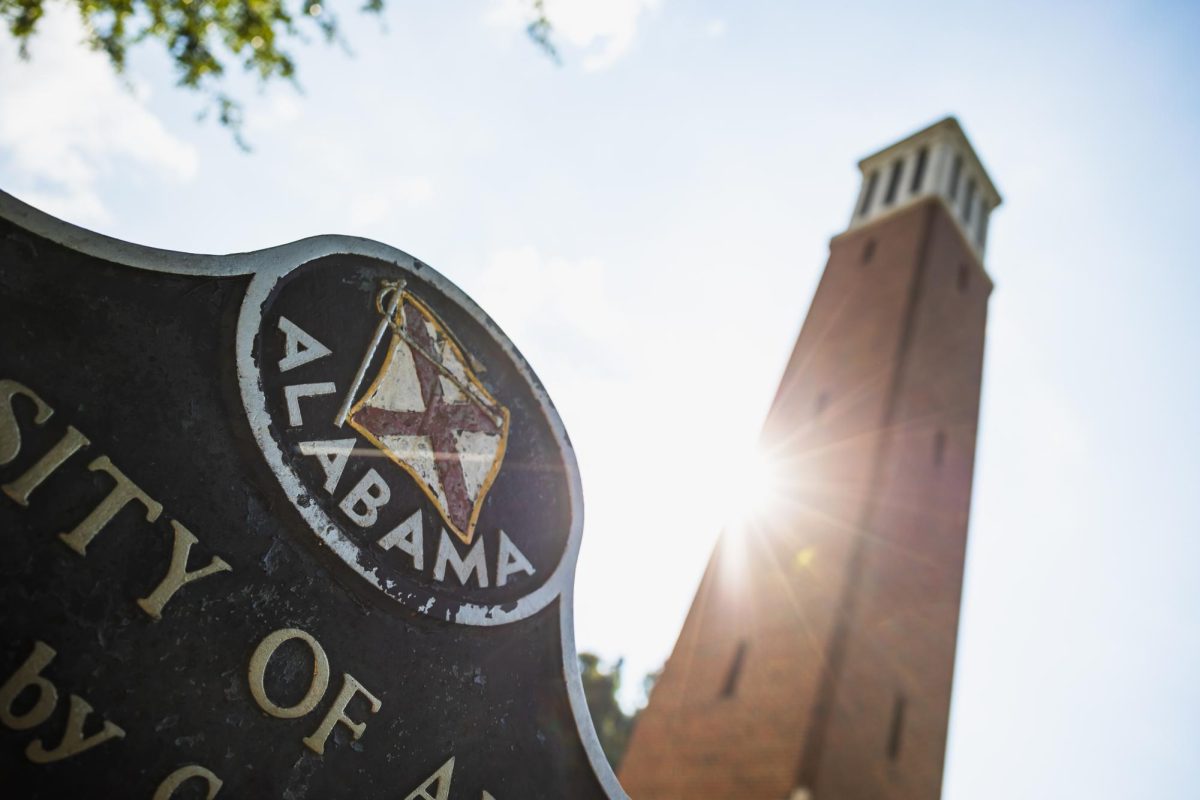Recently, the Alabama State Senate voted to get rid of marriage licenses as well as the requirement for marriage ceremonies.
The bill is a result of a few probate judges in the state refusing to issue marriage licenses to same-sex couples. Even after the 2015 Obergefell v. Hodges Supreme Court ruling, which legalized same-sex marriage, Alabama’s current law states that probate judges are not required to issue licenses.
The bill received a 19-1 vote earlier this week on Jan. 16 in the Alabama Senate.
“At this point, it is awaiting selection to be placed on the calendar for the [House of Representatives] floor vote,” said Republican Sen. Greg Albritton, the legislator who proposed the bill.
“I’ve been working on it since January of [2015],” Albritton said. “The reason is to stop the fighting that’s going on to allow marriages to occur throughout the state and to allow those with religious beliefs to have their ceremonies however they choose.”
Albritton has stated that the function of the bill is to simplify the civil marriage process while separating the church functions from the state functions.
“I have concerns about the bill and that’s why I voted ‘no’. I believe that marriage is a solemn vow, a sacred thing. It’s special above all other relationships,” Republican Sen. Phil Williams said.
Williams was in ministry for seven years. He has 30 years of experience in military service that includes tours in Iraq and Afghanistan.
Additionally, Williams is the only one to vote against Albritton’s bill.
Williams said if the bill passed, it would water down the meaning of marriage. Essentially, he said, it makes marriage nothing more than a contract.
“It takes the solemnity of marriage and reduces it to almost the same as recording a deed for property. All you’re doing, literally, is filing documents and the probate judge then just becomes the clerk,” Williams said.
Albritton said the bill gets rid of the requirement to have a religious marriage ceremony. Couples who are not affected by the bill who want to have a ceremony may still choose to do so.
“I just find that to be troubling. Alabama already has one of the highest divorce rates in the nation because our laws have become so lax in regards to divorce,” Williams said. “This, to me, is potentially one more chipping away at the value of marriage.”
“I think [the bill] is trying to make it easier on somebody. Because if a judge says you can’t do this, the only reasons for that I could think of would be his moral beliefs. [Their] morals don’t have anything to do with your marriage,” Madison Quinnelly, a sophomore Food and Nutrition major said.
Right now, marriage forms are developed by the Department of Public Health and provided by a probate judge.
“To clarify, under present law the parties tell the clerk that they are of age, not married, etc,” Albritton said. “Under my bill, a sworn affidavit is provided in the Department of Public Health form of these same issues. The form is filled which establishes the state’s jurisdiction under current law and under my bill.”
“I don’t think the Senate intended to relay the message that marriage doesn’t matter when approving this bill. Instead, I believe this was a good way to equalize all marriages. I think some people may not understand the advantages passing this bill would bring,” Amber Holly, a sophomore psychology major said.
Holly said she believes that the bill is taking the middleman out of the equation while making the legal marriage process easier for everyone.
Williams, however, said he believes the bill to be unnecessary.
“[Marriage] should be far more than that,” Williams said.
It will be decide whether the bill becomes a law once it goes to a floor vote in the state House of Representatives.









